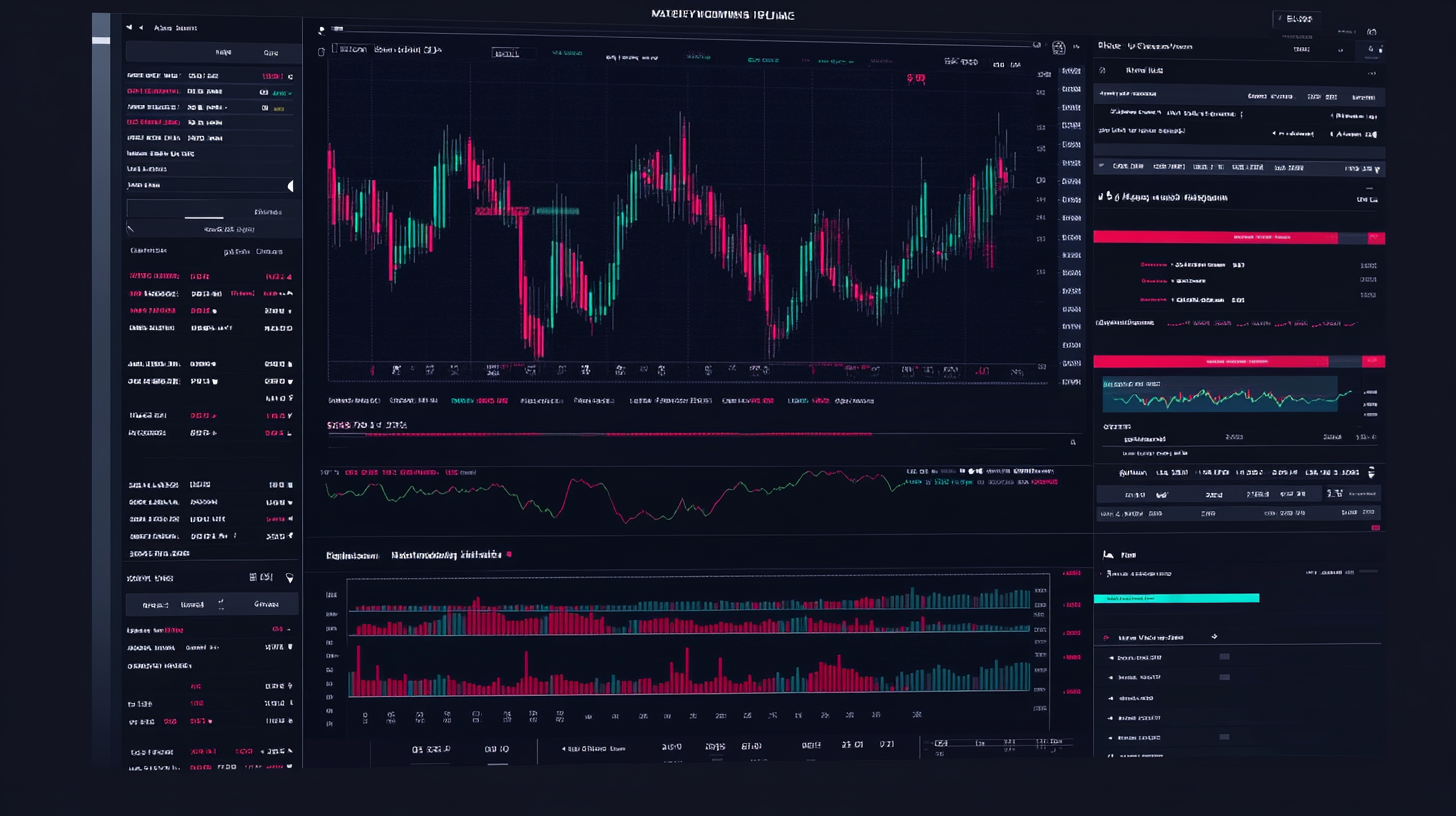Copyright TechStartups.com

Beacon Software is betting that artificial intelligence can breathe new life into overlooked industries. The company has raised $250 million in a Series B round led by General Catalyst, Lightspeed Venture Partners, and D1 Capital, reaching a $1 billion valuation, according to Reuters. The new funding brings Beacon’s total capital raised to $335 million since its launch last year, a sign that investors see big potential in its AI-driven roll-up model. Beacon’s approach is simple: buy profitable, small software firms serving “Main Street” sectors and upgrade their technology using AI. “Beacon’s model, which he calls the “anti-private equity firm,” aims to modernize traditional industries by emphasizing permanent ownership and reinvestment in growth rather than the cost-cutting and rapid exits associated with private equity,” Reuters reported. Founded by former Instacart President Nilam Ganenthiran and ex-Sequoia Capital partner Divya Gupta, Beacon targets the kind of self-funded software businesses that rarely attract venture money — companies that serve youth sports leagues, campgrounds, manufacturers, and even unions. These businesses typically generate under $20 million in annual recurring revenue but are solidly profitable. Ganenthiran says Beacon acquires a new company roughly every two weeks. Each business is absorbed into a shared tech stack powered by AI, allowing for sweeping operational upgrades. “We’re set up to grow them and hold them forever, which is a very different approach than what these entrepreneurs usually get,” he said. That approach is what Ganenthiran calls the “anti-private equity firm.” Instead of cutting costs and flipping assets, Beacon focuses on permanent ownership and reinvestment. Founders are encouraged to stay on, often through cash-based earn-out deals, giving them continued skin in the game while preserving the legacy they built. Beacon’s “acceleration team” — a group of engineers and product managers — plays a central role in this model. They overhaul each acquired company’s tech systems, rewrite products, and automate back-office functions such as accounting and payroll. The goal is to turn steady but stagnant software operations into faster, smarter, AI-enabled platforms. Beacon itself is profitable, and Ganenthiran says this latest round will fund more acquisitions and expand the company’s central technology platform. He expects it will be the last raise Beacon needs. The company’s rise highlights a growing investor appetite for AI-led transformation of traditional industries — sectors that have long been left behind by Silicon Valley’s obsession with scale. While similar AI roll-up strategies are emerging across areas like accounting and professional services, their long-term success is still unproven. For now, Beacon’s model stands out for one reason: it’s not chasing quick exits. It’s betting on patience, permanence, and the idea that small software businesses — the backbone of the economy — can thrive again with a little AI intervention.



